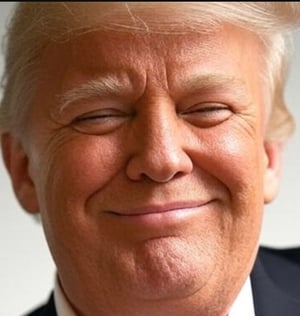
Pavel Durov, the founder and chief executive of the popular messaging app Telegram, was arrested on Sunday at Le Bourget Airport north of Paris, French authorities confirmed.
As reported by the BBC, the arrest of the 39-year-old billionaire, who holds dual citizenship in the United Arab Emirates and France, has sparked international attention and raised questions about the responsibilities of social media platforms.
According to French officials, Mr. Durov was detained under a warrant related to alleged offenses involving Telegram. The investigation reportedly centers on a lack of content moderation, with Mr. Durov accused of failing to take adequate measures to curb criminal activities on the platform.
Telegram, founded by Mr. Durov in 2013, has grown to become one of the world's major social media platforms, rivaling the likes of WhatsApp and Facebook Messenger. The app is particularly popular in Russia, Ukraine, and other former Soviet states, where it has often been used as a tool for political organization and dissent.
This is not the first time Mr. Durov has faced controversy over Telegram's policies. In 2018, the app was briefly banned in Russia after Mr. Durov refused to hand over user data to authorities. The ban was lifted in 2021, but tensions between Telegram and various governments over issues of content moderation and user privacy have persisted.
The arrest has prompted swift reactions from various quarters. The Russian Embassy in France reported that it has requested clarification from French authorities and sought consular access to Mr. Durov. Meanwhile, several Russian officials have condemned the arrest, framing it as an attack on free speech and technological innovation.
Elon Musk, the owner of X (formerly Twitter), who has faced his own share of criticism over content moderation issues, expressed support for Mr. Durov on social media. His comments, including a provocative post about future executions for "liking a meme," highlight the ongoing debate about the balance between free speech and responsible platform management.
Critics of Telegram have long argued that its large group chats, which can accommodate up to 200,000 members, make it easier for misinformation and harmful content to spread rapidly. The platform has been accused of being a haven for conspiracist, extremist, and illicit content.
As the situation unfolds, Mr. Durov's arrest is likely to reignite discussions about the role and responsibilities of social media companies in moderating content and cooperating with law enforcement.
Additionally, the development of this case will be closely watched by tech industry observers, free speech advocates, and government regulators alike, as its outcome could have far-reaching implications for the future of social media governance.




























1 Comments